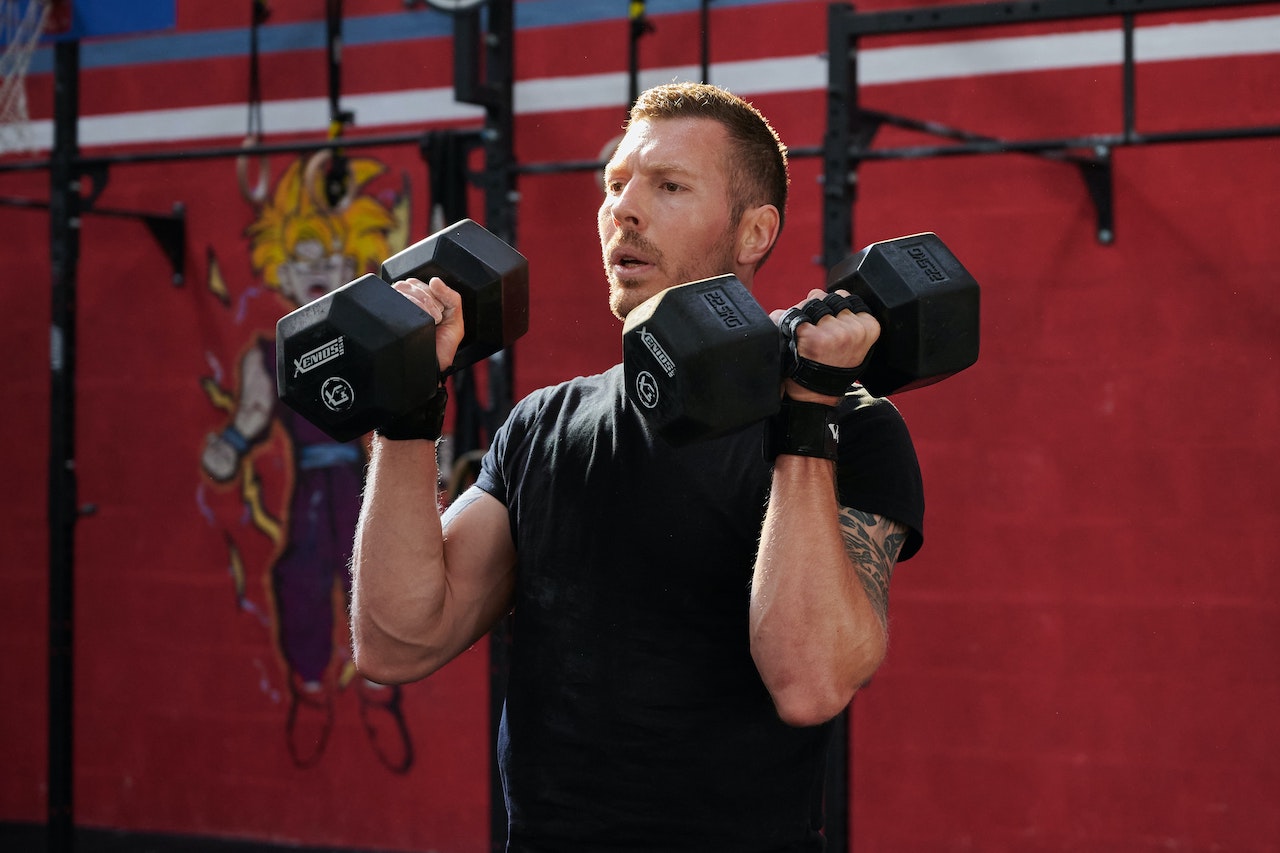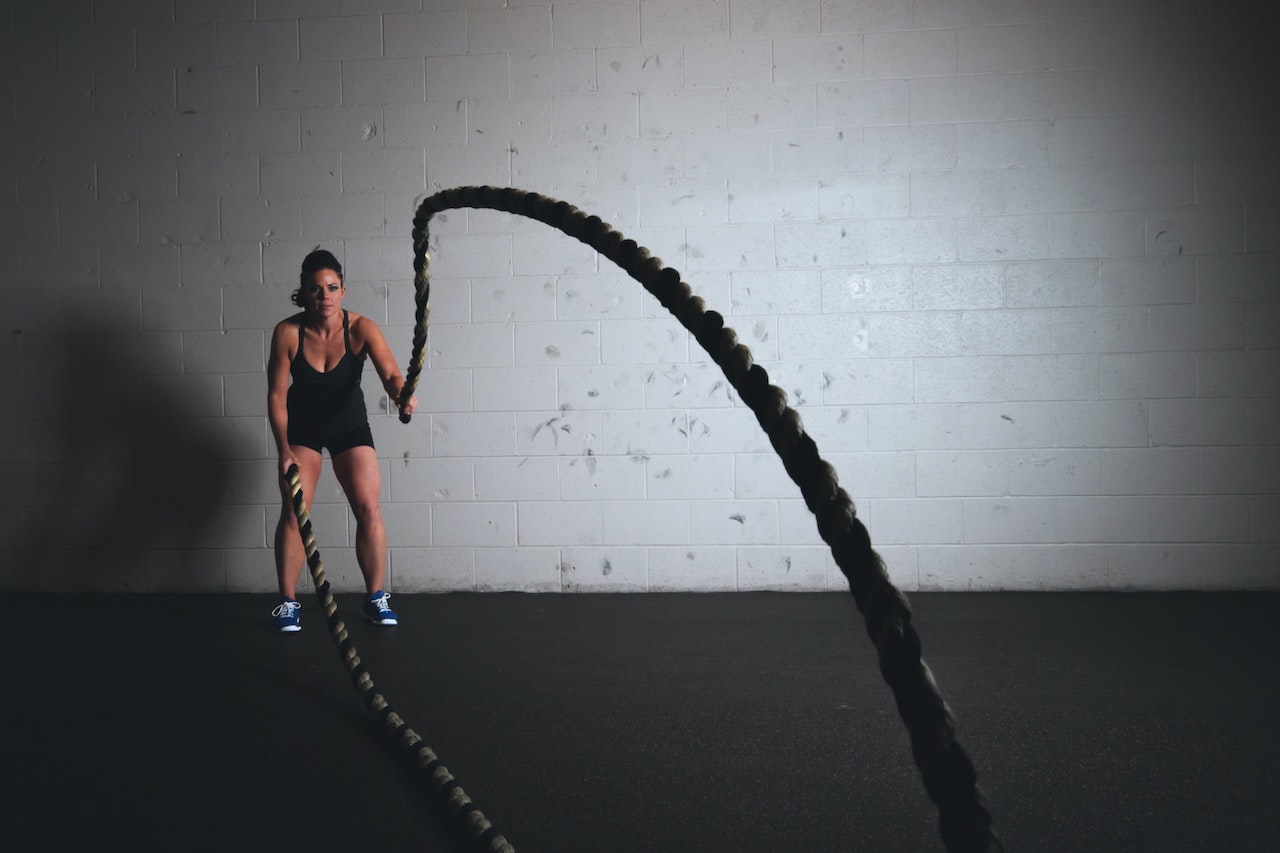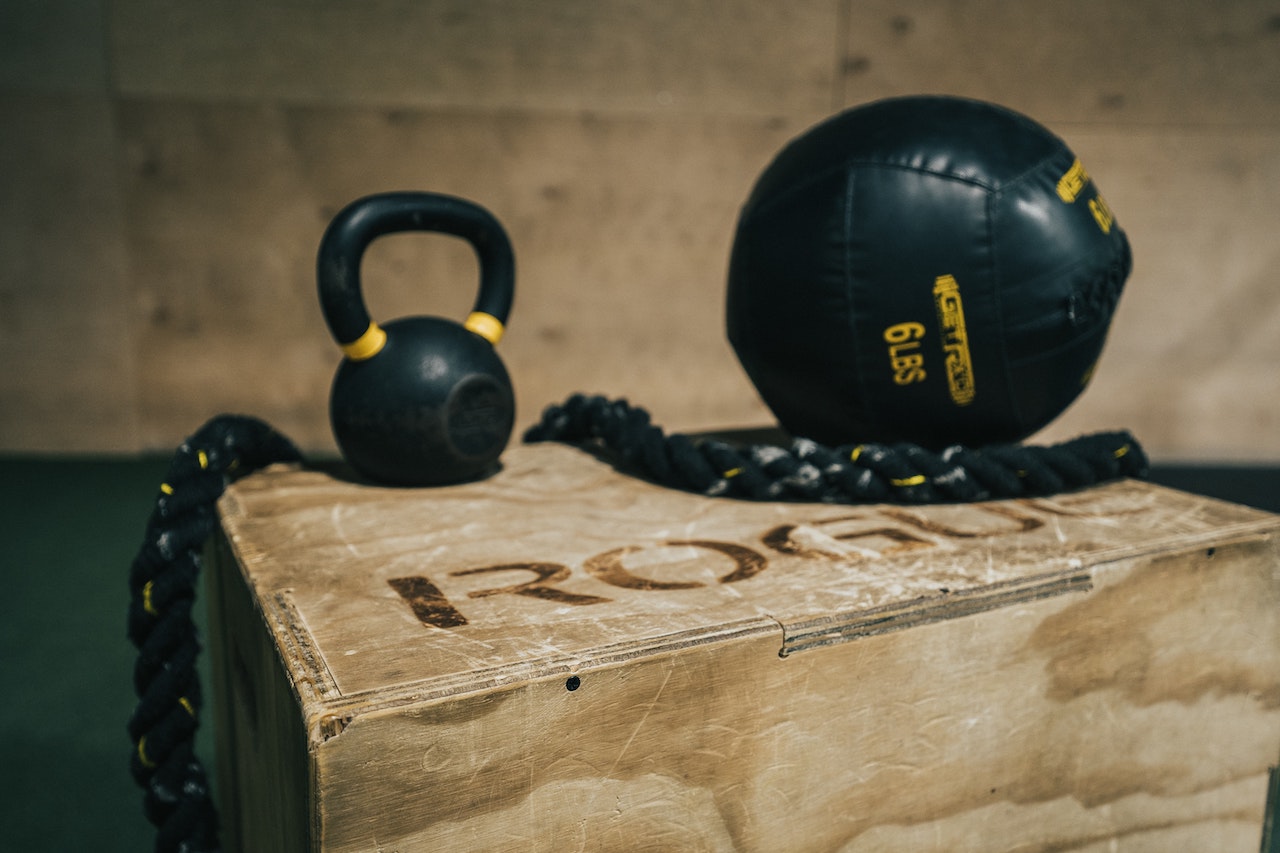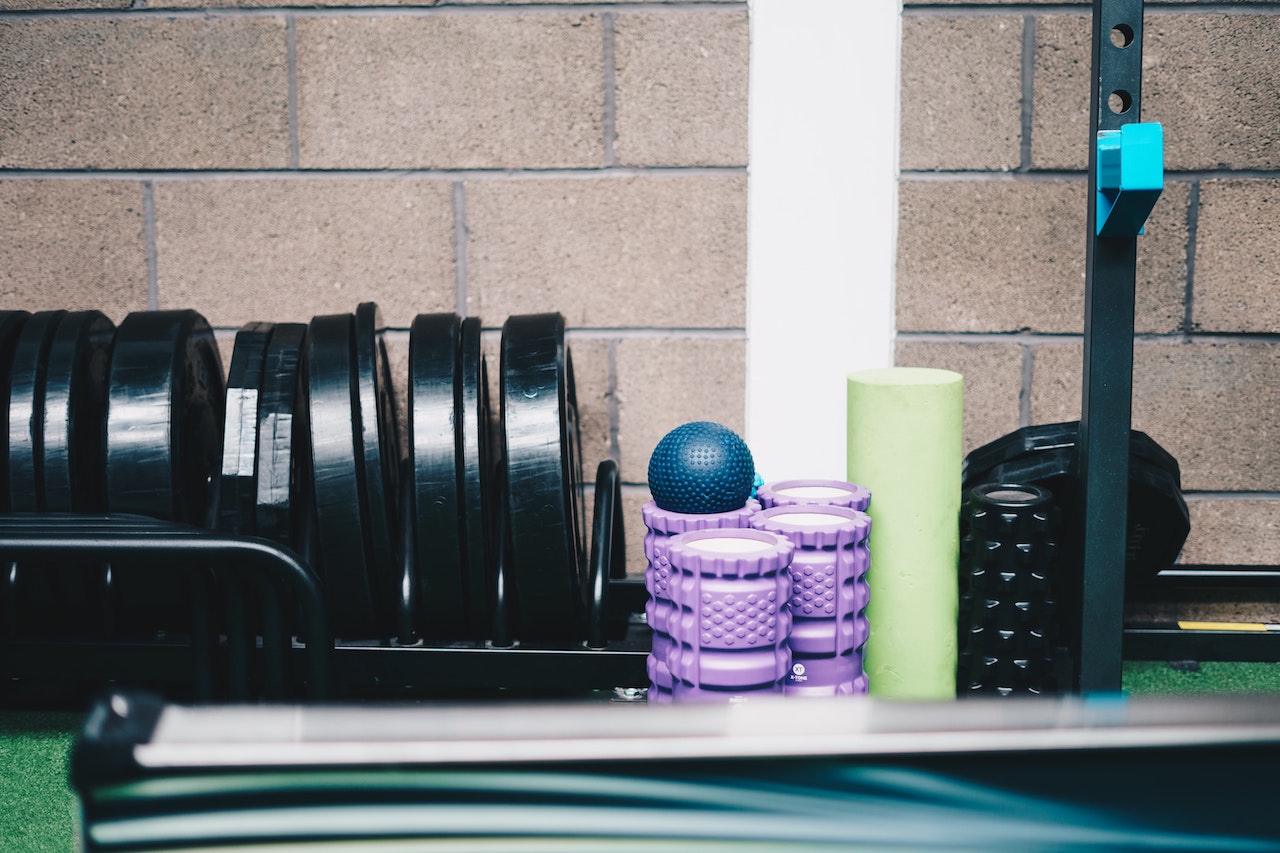weight loss's different from burning fat.
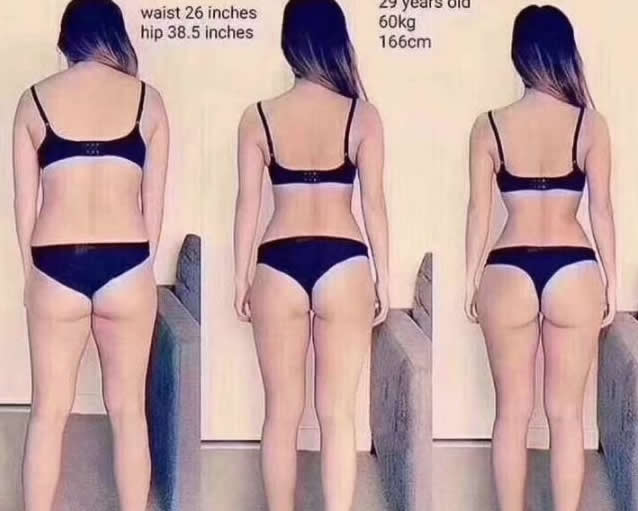
weight loss indicates a very complex concept when the number on the scale drops. Burning fat happens when your body uses fat for energy, but this may or may not result in weight loss.
So losing weight does not mean losing fat. Weight loss can be a combination of losing weight, muscle or fat.
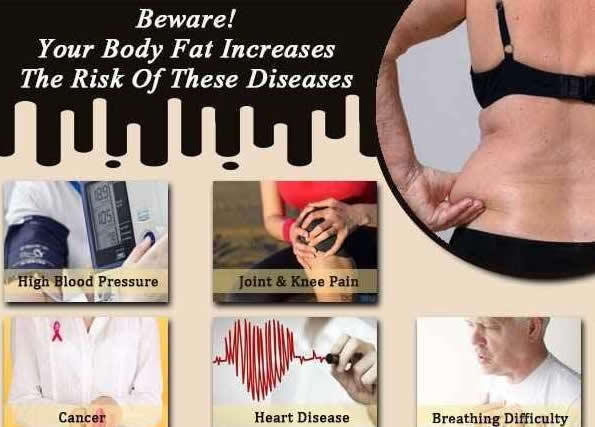
whether you are at an ideal weight or overweight, too much fat on your body increases the risk of many diseases. So your goal should be to lose most of your fat, not just water or muscle tissue.
When does your body burn fat?
Our bodies have two main sources of fuel: Carbohydrates and fats. We can get these from food and our body also uses the energy stored in our body from these two sources when we don't eat. Of course the body can also use protein (found in muscle) as fuel, but this is usually a last resort.
In fact, our bodies mainly use a combination of fats and carbohydrates for fuel, but sometimes our bodies use more carbohydrates or more fats.
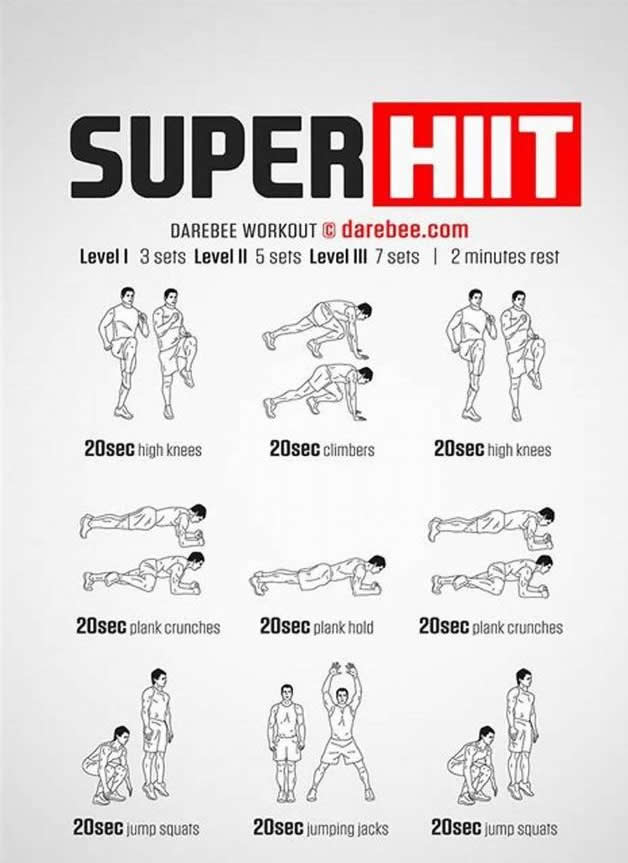
the body burns energy in a variety of ways, but one of the most significant ways that affects calorie burning is through exercise.
The body burns the highest percentage of fat during low to moderate intensity exercise (including rest). One way to help your body burn more fat is to increase the amount of exercise you do at moderate intensities. However, does simply performing moderate exercise have a greater impact on weight loss? Researchers have found that increasing high-intensity interval training (hiit) helps to promote greater fat burning.
What can i do to increase fat burning?
Increasing your exercise to a variety of moderate and hiit exercises can help increase fat burning. Adding resistance training can help you maintain muscle mass while losing weight.
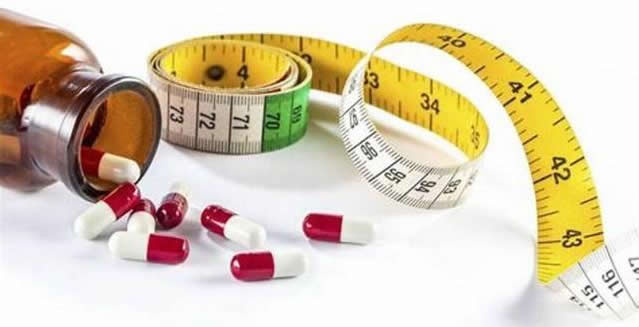
we do not recommend taking supplements that promote fat loss! If a weight loss supplement says it's unbelievable, it's not true. You need to understand that taking these supplements will not completely change your metabolism and will not turn you into a fat burning machine.
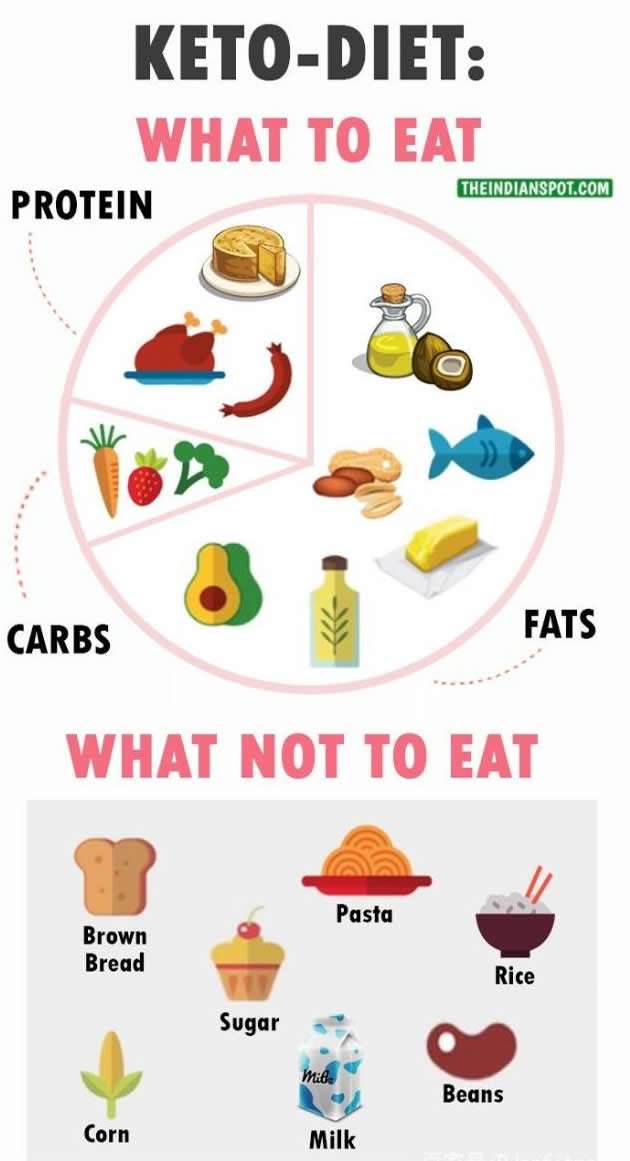
another way to increase fat burning is to drastically reduce your carbohydrate intake, increase healthy sources of fat and consume enough protein.
This is known as a ketogenic diet. As the body consumes carbohydrates, it begins to break down proteins and fats. As the body rearranges the fat molecules into carbohydrates, they produce a substance called ketones.

the safety of following a ketogenic diet in the long term is controversial, but some studies have shown that following a ketogenic diet can help people lose weight. Before trying a ketogenic diet though, talk to your doctor and follow their advice.
Weight loss may just be water or muscle loss
how do you know if you're losing weight, or muscle or fat?
It's very hard to say. The truth is that there are no absolutes.
The first few weeks of weight loss are mostly about losing water.
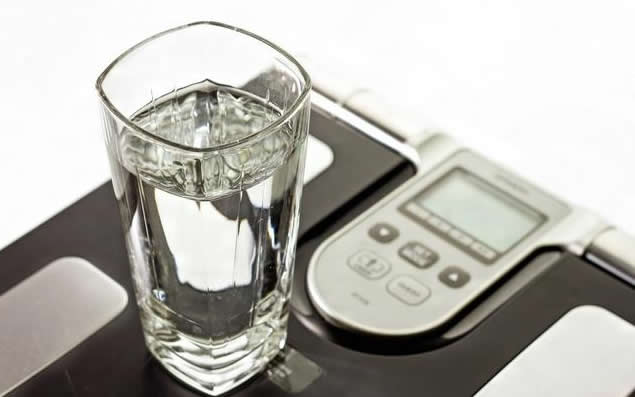
the amount of water in your body and the food stored in your digestive tract fluctuates throughout the day, which affects the change in the numbers you see on the scale. These two factors change as your diet changes.
Rapid weight loss takes longer than water loss. Muscle loss also occurs with weight loss, especially if there is no exercise along with a reduction in food intake.

having more muscle is good for increasing metabolism and so consuming excess muscle. A scientific reduction in food intake, along with cardio and strength training, can help you maintain muscle mass while losing weight.
How can i promote fat loss rather than muscle loss?

losing weight takes a long-term effort. A few weeks of dieting, mainly to lose water weight, may help you reach the number on the scale, but it may not affect the long-term goal of burning fat.
Make sure you're getting enough nutrients from foods that will maintain muscle mass without lowering your metabolic rate, and eating sensibly with strength training can help you maintain your muscle.

healthy, exercise professionals can help you get adequate nutrition and effective fat loss.
You may be burning fat, but it's not visible on the scales
don't just use your weight change to assess weight loss progress, remember that you may be losing fat while gaining muscle.
It is the loss of a few centimetres or more of muscle around your waistline that is a sign that you are burning more fat.
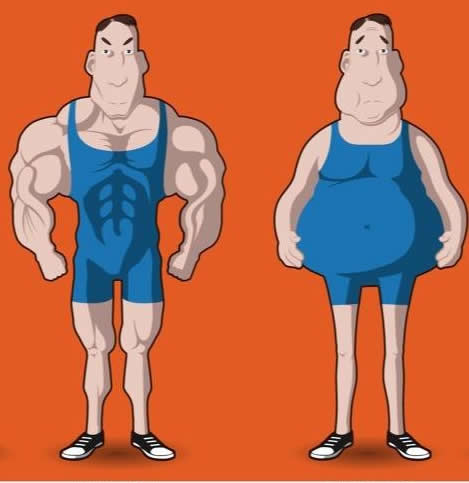
don't be tied down by the number on the scale, an ambitious goal for your health is multifaceted: Healthy eating habits, healthy stress levels, adequate sleep, enough daily exercise, body fat content and healthy actual results.
The number on the scale or your body mass index is also just one factor, but it is not the only number that has an impact on your health. You may be losing weight, but your eating habits or exercise habits may not be healthy.
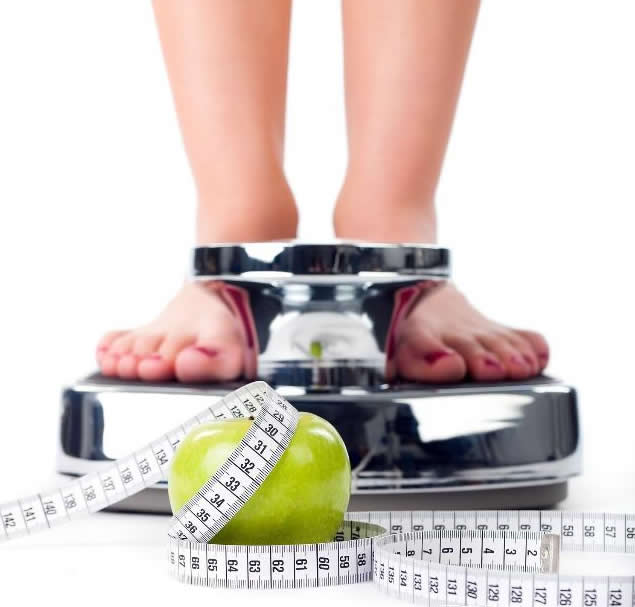
always make sure that you don't just care about weighing numbers, but that your body's health is your real goal.






